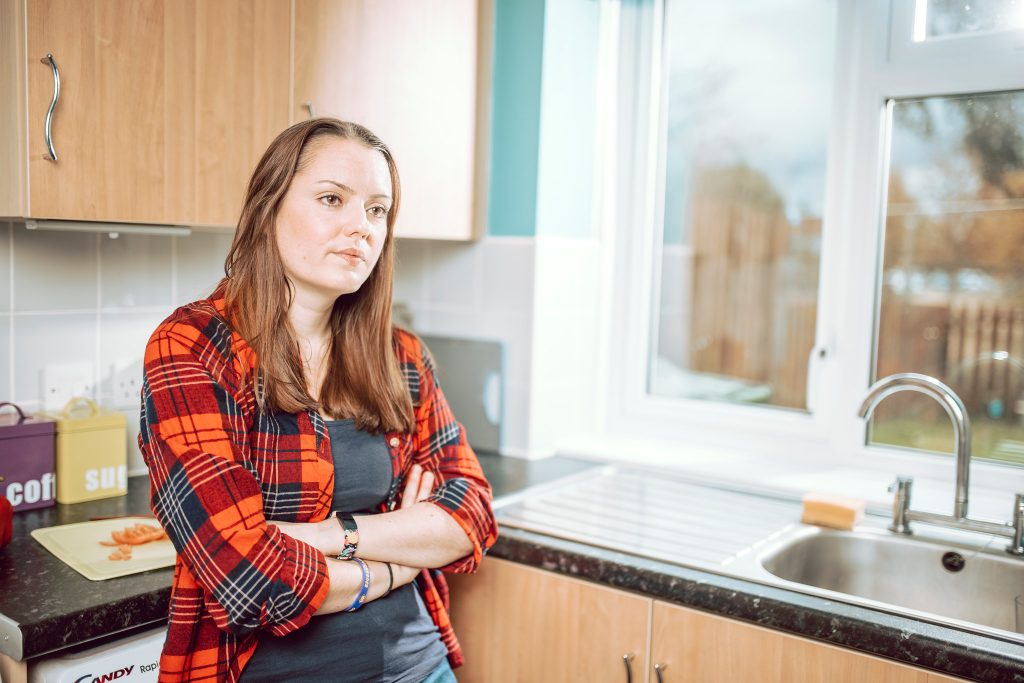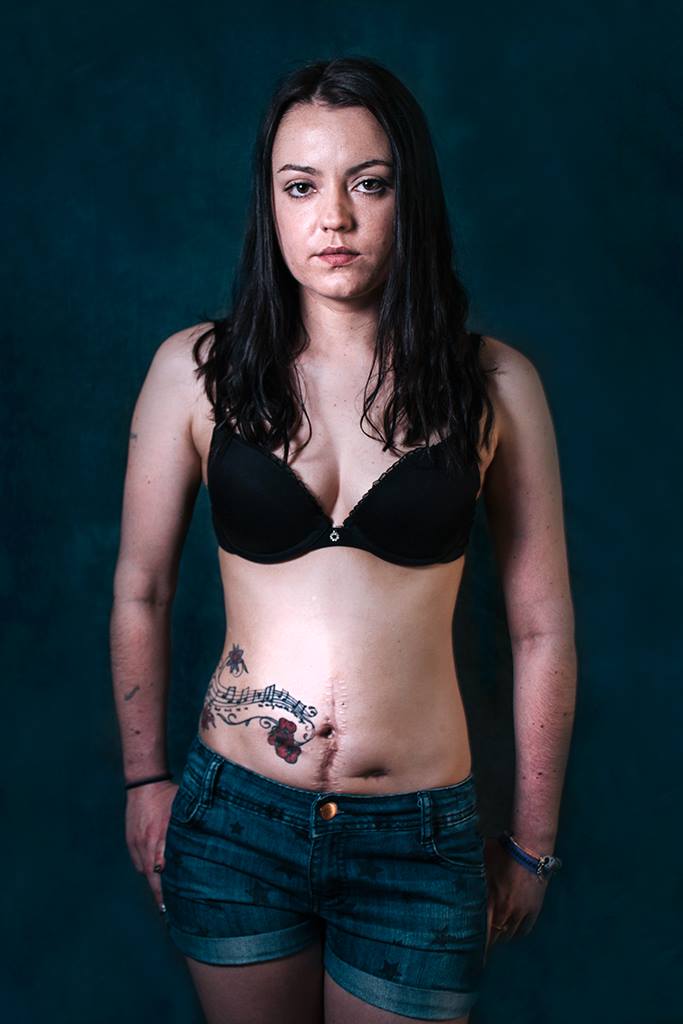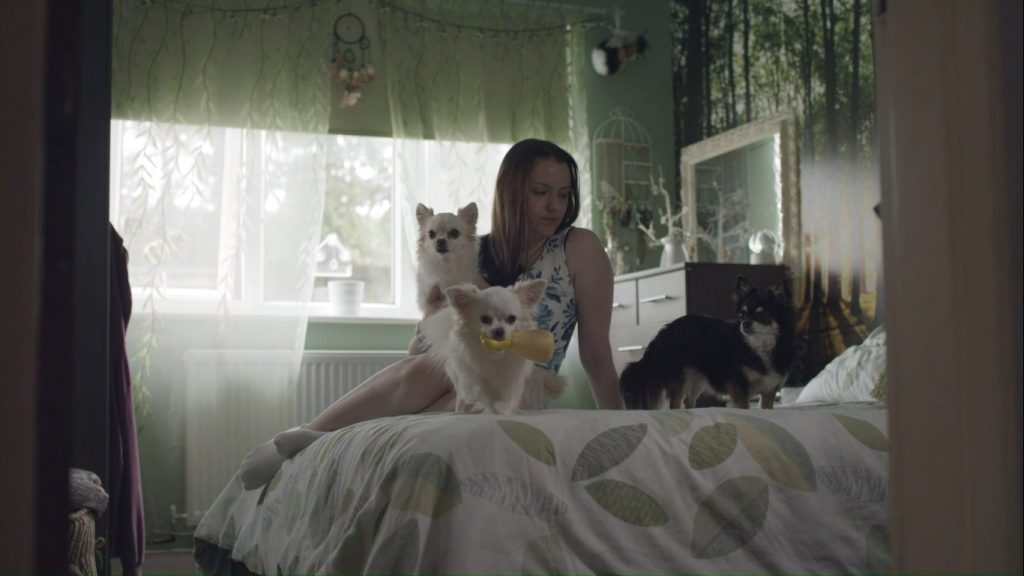
Mental health during stoma surgery
Stoma surgery is a tough thing for anyone to go through, both physically and mentally. There are moments when progress might seem slow, almost as if taking a step forward means taking two steps back.
Post-operative complications can make recovery even more difficult
Post-op complications can be an additional cause of distress, on top of what is likely to be an emotional time.
It’s always hoped that recovery will go smoothly, and while the enhanced recovery program in the NHS aims to facilitate smoother recoveries, it is important to understand that complications can and do happen. Often, these complications are beyond our control and are a result of how our bodies respond to medical procedures or accidental exposure to various elements. Hospitals constantly battle against challenges such as C-diff and MRSA to maintain a safe environment.
Your emotions are always valid
Remember that your emotions are always valid. Each journey through surgery and recovery is unique, and it is important to realise that everything is relative. Within the online ostomy community, I often hear people express feelings of guilt because they had no issues. They will say things like, “I feel like a fraud because my recovery went really smoothly, and I’ve had no issues with my stoma.”
But I would be willing to bet my life that those people have at some point experienced moments of sadness and fear. It is unfortunate that they end up feeling guilty or hesitant to complain because their journey may not have been as challenging as someone else’s. Your feelings and emotions are always valid, and you deserve support just like any other ostomate.
I believe that psychological support should be offered to every person undergoing surgery and recovery. It seems that mental health support is more readily available to people with a stoma due to cancer compared to those with conditions such as inflammatory bowel disease. This observation is based on my personal experiences within the community.
My personal experience
Speaking from my own experience, I have undergone seven bowel surgeries at two different hospitals. The first surgery, which involved the removal of my colon, was an emergency procedure. At that time, I had been diagnosed with ulcerative colitis (UC) only five days earlier when I was admitted to the hospital through the A&E department. I had experienced symptoms for just two weeks and expected to receive medication and recover. The information in the hospital’s UC booklet reinforced this belief. So when a surgeon informed me that I needed surgery to remove my colon, I was pretty gobsmacked. However, considering my critical condition, the surgeon assured me that the procedure would provide a cure and that it would be possible to reattach the stoma later. So, I consented to the surgery.
A day before my surgery, I met with a Stoma Nurse who briefly explained the stoma and showed me some ostomy bags. That particular hospital stay was incredibly challenging. I had to undergo another emergency surgery due to sepsis, contracted C-diff, and struggled with post-operative ileus, which required the insertion of an NG tube to drain bile from my stomach and prevent vomiting, potentially causing harm to my surgical wound. (A Nasogastric tube or NG, is a tube that is inserted through the nose, down the throat and oesophagus, and into the stomach. It can be used to give drugs, liquids, and liquid food, or used to remove substances from the stomach). I felt distressed. I hadn’t been able to eat for weeks. I watched myself wasting away and I felt scared. Eventually, I had to rely on intravenous nutrition (TPN) for sustenance, but I was not allowed to disconnect from it, which meant I couldn’t shower for two weeks. (PN or TPN is provided to patients who are not able to eat and drink and cannot receive liquid nutrition through a tube directly into their digestive tract). Communication with the medical staff was lacking, and at times, I felt neglected. Undoubtedly, this was a traumatic experience for me.
Leaving hospital meant I had to confront the reality of living with a stoma. The recovery process was physically and mentally draining, which I found really difficult. Relationships started to falter, my self-confidence hit rock bottom, and I didn’t like my life. Unfortunately for me, this emotional struggle became a recurring theme throughout my subsequent surgeries and recoveries.

Photograph courtesy of Kate Cooper-Keen
Imagine the shock and emotional turmoil felt when I discovered that reattaching the stoma was not as simple as described by the surgeon. Two additional surgeries were needed to create and connect a J-pouch, and my fertility was likely to be impacted. At 20 years old, I wasn’t ready for this. During the same appointment, I was told that “UC-like” symptoms could develop in the J-pouch, and its long-term functionality was uncertain.
Numerous times throughout my journey, I’ve yearned for someone to talk to. A qualified professional who could help me process and cope with the challenging events would have made an immense difference. Surprisingly, no one involved in my stoma journey, including my Gastroenterologist, IBD Nurse, Stoma Nurse, two Colorectal Surgeons, or even my GP, ever offered to refer me for psychological support. The IBD Nurse mainly focused on the frequency and urgency of my bowel movements, while the Stoma Nurses were concerned with the health of my stoma and the surrounding skin. The Gastroenterologist sought to understand my symptoms and discuss treatment options. However, no one ever simply asked if I was okay. I believe that if they had, my attempt to respond would likely have revealed my true emotional state.

Accessing support myself
I dread to think where I’d be now if I hadn’t found other people with IBD and ostomies to talk to online. They were often my lifeline in times of need. That said, over the last four years, I have sought help from different types of therapists. I have had to self-refer though, to access the help I’ve needed, and even then, I feel as though we have barely scratched the surface. Therapy can involve delving into past experiences, and I can’t help but wonder if I had received support along the way, maybe I would feel a little less broken today.
“We are all a little broken. But last time I checked, broken crayons still color the same.”
– Trent Shelton
Support
Colostomy UK
Urostomy Association
Facebook Ostomate Group – a closed group offering support and experience from fellow ostomates
IBD Super Heroes – an online community offering support and advice to those living with Inflammatory Bowel Disease (IBD)
We hope you enjoyed this article from our guest blogger. They are expressing their views or knowledge on a topic because of their experience and background. Some of the opinions expressed may not reflect the views of Fittleworth or your NHS professional.
It goes without saying, but this is not clinical advice. Each person will have an individual set of medical factors to consider. So please do not to make significant changes to your diet, exercise or treatments before consulting with an NHS professional.
Sahara was admitted to hospital and diagnosed with Ulcerative Colitis at the age of 19, after just two weeks of being incredibly unwell. One week later, she had emergency surgery to remove her colon and rectum, and had her first ileostomy. A turbulent journey followed; a multitude of treatments, complications, seven surgeries, a failed J-Pouch, and three ileostomies later, she is living with a permanent stoma and is a pro-active IBD and ostomy advocate.

Sahara joined the online IBD and ostomy community in 2014, and it very quickly became apparent to her that whilst awareness is important, even more important than that is providing support to others as they navigate the stormy waters of life with IBD, or an ostomy.
She runs #IBDSuperHeroes fundraising and awareness campaign, and the Facebook support group. She is a blogger for InflammatortyBowelDisease.net and an IBD Patient Consultant for merakoi – bridging the gap between patients and healthcare. She gets involved with research whenever she can, and is a volunteer for Cure Crohn’s Colitis, where she donates her time and expertise in social media marketing and content creation.
